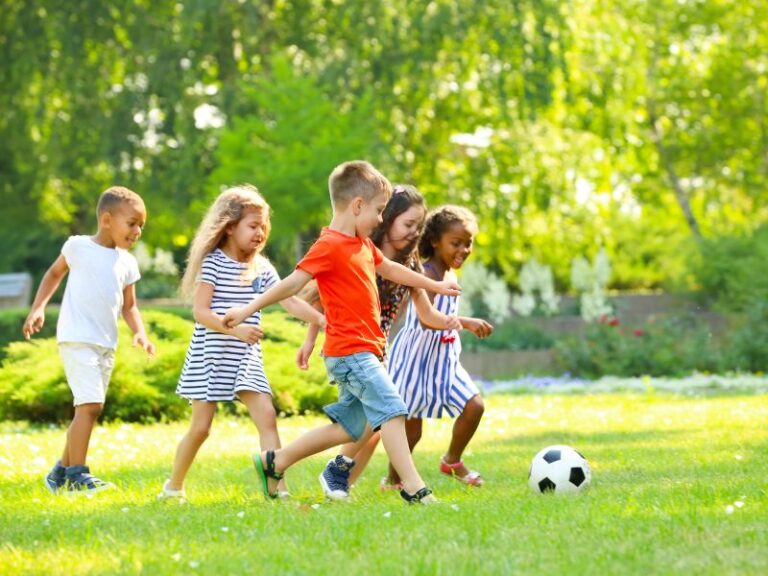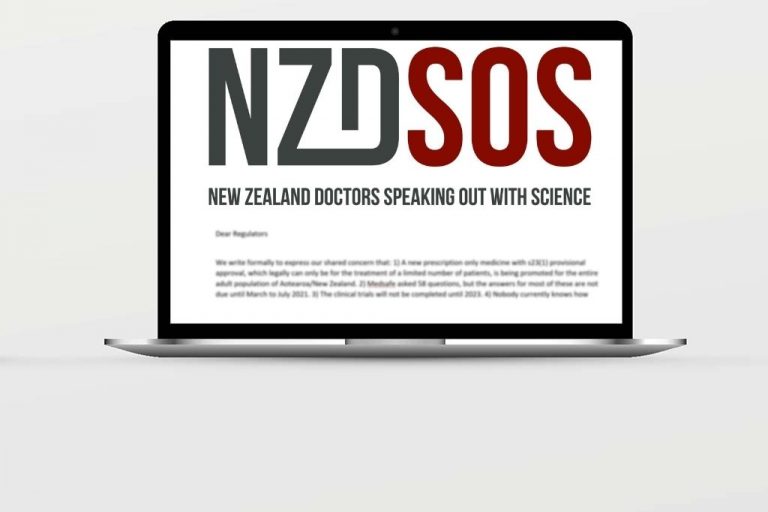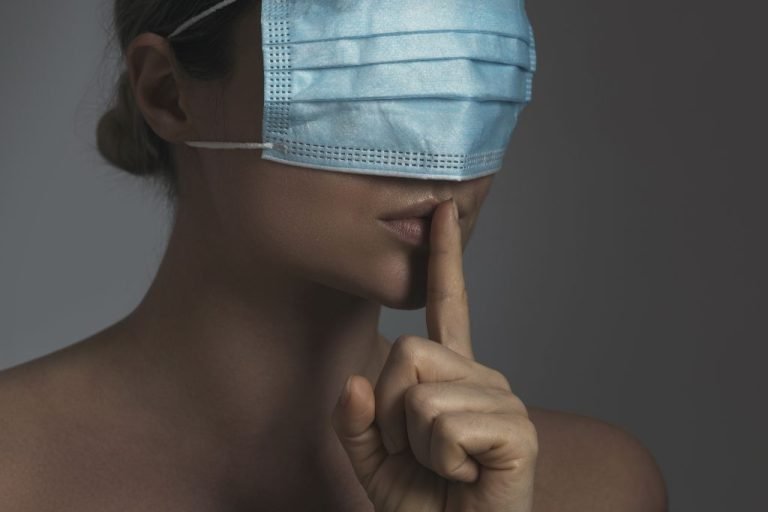Position Statement on Non-Pharmacological Measures

NZDSOS supports the Great Barrington Declaration in condemning the Covid-19 non-pharmacological response of lockdowns and extend our condemnation to mask mandates and social distancing.
A. Masks
Of all the non-pharmacological measures, masking is the most obviously dangerous. Ample evidence now exists that masks, including cloth, surgical and N95 masks do little to stop the spread of Sars-CoV-2. Besides the effects of discomfort, skin eruptions, acne, headaches, shortness of breath, impaired cognitive performance, hypercapnic hypoxia, decreased cardiopulmonary capacity, depression, fatigue and immunosuppression, masks may cause considerable distress in both the wearer and the observer, inducing fear and anxiety. Masks may also be a carrier of pathogenic microbes, increasing risk of respiratory infections and are a source of toxic microplastics and nano-graphene that are inhaled or swallowed.
It has been stated that the wearing of masks is a reminder to be vigilant in the pandemic. However, not only is it impossible to forget we are in a pandemic with ever-present notices and broadcasts, wearing a mask may provide false reassurance resulting in less hand-washing and other infection control measures. Furthermore, repeated touching of masks, the incorrect use and disposal may enhance viral transfer and has created serious ecological damage.
On a human interaction level, masking creates significant harm. For those who are hard of hearing, masking is another barrier to communicating. Everyday enjoyable activities such shopping, going to a café or theatre become joyless. Masking creates a sense of helplessness, depersonalisation and damages human interactions and dignity. Furthermore, masking may increase aggression and violence. “Wearing masks can create a sense of anonymity for an aggressor, while also dehumanizing the victim. This prevents empathy, empowering violence, and murder. Masking helps remove empathy and compassion, allowing others to commit unspeakable acts on the masked person.” Masks have a long history of use in enforcing slavery and subservience.
Over and above the already mentioned harms, NZDSOS agrees with Dr Peter McCullough and others that masking children is child abuse. Masking children hampers language acquisition, causes aggression, drowsiness, impaired learning and pose a risk of suffocation. Deaths have been reported.
Furthermore, young children who are in the company of adults who are masked, may suffer impaired emotional, intellectual and language development.
NZDSOS calls for all masking requirements to be dropped immediately and for masking of children under 16 to be a criminal offense.
B. Lockdowns
For the first time in history, near-universal lockdowns were implemented in an attempt to control an outbreak of a virus. Never before have healthy individuals been confined in an attempt to stop transmission of a pathogen. In the context of decreasing transmission and disease, lockdowns have been an abject failure.
As has been pointed out by mathematicians and economists, lockdowns have resulted in significant “net suffering” and increased death. Contributing factors include increased infant mortality, starvation, poverty, joblessness, delays in medical diagnosis and treatment, along with suicides, domestic abuse, drug overdoses and “deaths of despair”.
“Economic level of analysis points to the possibility that deaths associated with economic harms or underfunding of other health issues may outweigh the deaths that lockdowns save, and that the extremely high financial cost of lockdowns may have negative implications for overall population health in terms of diminished resources for treating other conditions.”
The most vulnerable in our societies have suffered the most – children, elderly and minority communities. Economies and businesses have been destroyed, increasing the risk of chronic and infective diseases. In the elderly, both loneliness and isolation have been said to be lethal, with feelings of loneliness associated with heart disease and stroke. “Children born during the pandemic have significantly reduced verbal, motor and overall cognitive performance compared to children born pre-pandemic.” Amongst other environmental factors, human interaction is necessary for infant and childhood development. The closing of schools has had a significant impact on the education of those at least risk of contracting or transmitting Sars-CoV-2.
Lockdowns have rightly been called racist and elitist, with the vast majority of deaths associated with lockdowns amongst the young in poor countries in a failed attempt to reduce deaths amongst the elderly in wealthy countries.
C. Social Distancing and Quarantine
Socialising has been described as a “fundamental human need” essential for psychological and physiological health. The 2 meter distancing requirements prevent basic human interactions in communities.
Social interactions, including physical interactions, “are proposed to be a basic human need, analogous to other fundamental needs such as food consumption or sleep. Indeed, feeling insufficiently connected to others is associated with profound and lasting negative consequences on physical and mental health, even leading to increased mortality.”
These interactions are particularly important in the personal growth of young people. “Youth who engaged in social distancing to avoid social judgment reported more anxiety symptoms and those who were social distancing because of friends’ recommendations reported greater depressive symptoms, which may reflect differences in symptomatic youth and sensitivity to social judgment or peer rejection.”
Furthermore, there appears to be little benefit to avoiding transmission in maintaining the 2 meter rule.
D. Declaration
NZDSOS calls for human interaction to be re-instated and encouraged with immediate removal of mask mandates, social-distancing and quarantine.





6 Comments
Comments are closed.